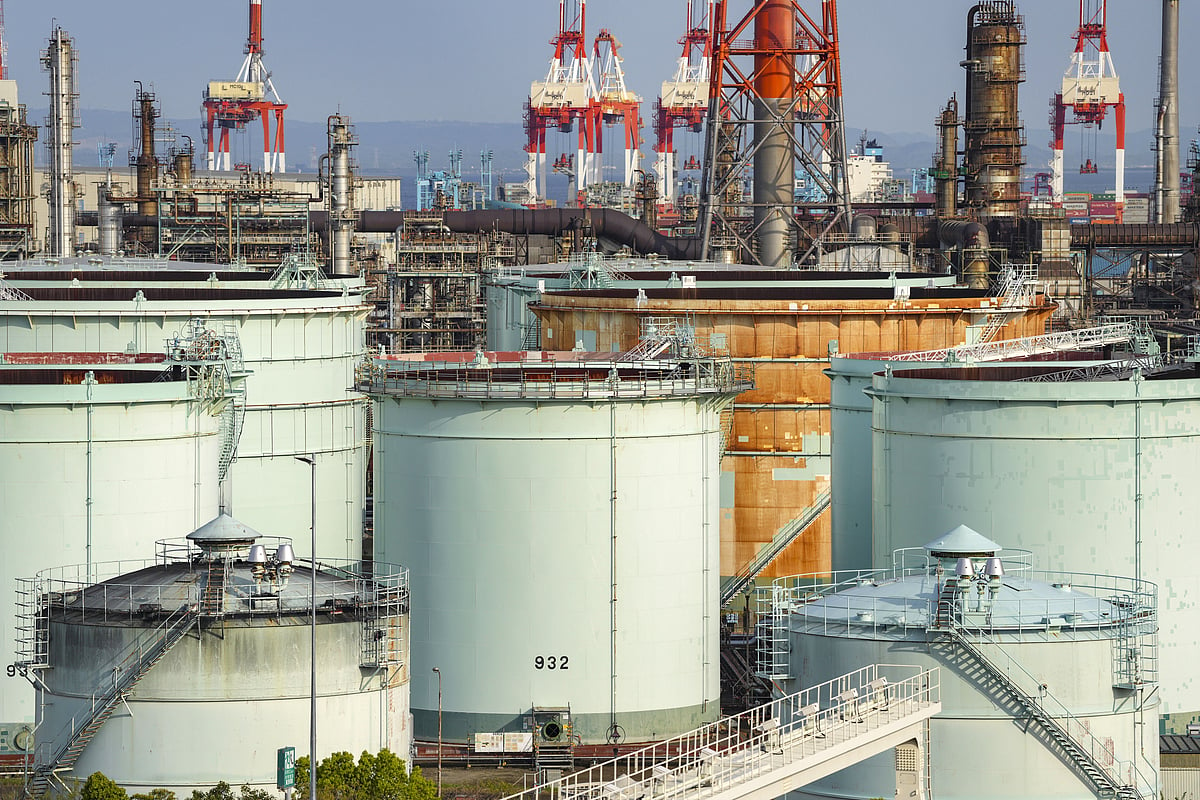In recent days, tensions between the United States and China have escalated, impacting global oil prices. As traders analyze the latest developments in the ongoing trade conflict, oil has seen a slight uptick following a turbulent week. With China preparing to unveil plans to bolster its economy and geopolitical dynamics evolving in Iran, market players remain on high alert.
Oil Prices on the Rise
Brent crude has surged past $67 a barrel, recovering from a 1.6% decline last week. Meanwhile, West Texas Intermediate (WTI) is hovering around $63. This change comes amid ongoing discussions among U.S. officials and trading partners, with Treasury Secretary Scott Bessent indicating that progress is being made, particularly with Asian nations.
- Brent Crude: $67.22 per barrel (up 0.5%)
- WTI: $63.38 per barrel (up 0.6%)
China’s Economic Strategy
As the world’s largest crude oil importer, China faces significant pressure from U.S. tariffs. In response, Chinese officials plan to hold a press conference to announce strategies aimed at stabilizing employment and fostering economic growth. This is critical as oil is on track for its largest monthly decline since 2022, influenced by fears that the U.S.-led trade war will hamper economic activity and reduce energy demand.
OPEC+ and Market Sentiment
Adding to the bearish market sentiment, the OPEC+ coalition has increased its idle production levels. The group is slated to convene on May 5 to discuss future output strategies, which may further influence oil prices as they aim to navigate the complexities of the global market.
Geopolitical Developments
On the geopolitical front, the United States and Iran have shown signs of progress in negotiations concerning Tehran’s nuclear program. Both nations have agreed to reconvene in Europe to continue discussions. However, this comes amid troubling news of an explosion at Shahid Rajaee port in Iran, a critical hub located near the Strait of Hormuz, a vital passageway for global oil transportation.
U.S. and Ukraine Relations
Additionally, over the weekend, Ukrainian President Volodymyr Zelenskiy met with Donald Trump. Post-meeting, Trump suggested that Russian President Vladimir Putin might be delaying the conclusion of the ongoing conflict, hinting at the potential need for further sanctions.
As these developments unfold, the oil market remains sensitive to both economic and geopolitical shifts, reflecting the intertwined nature of global trade and energy demand.











